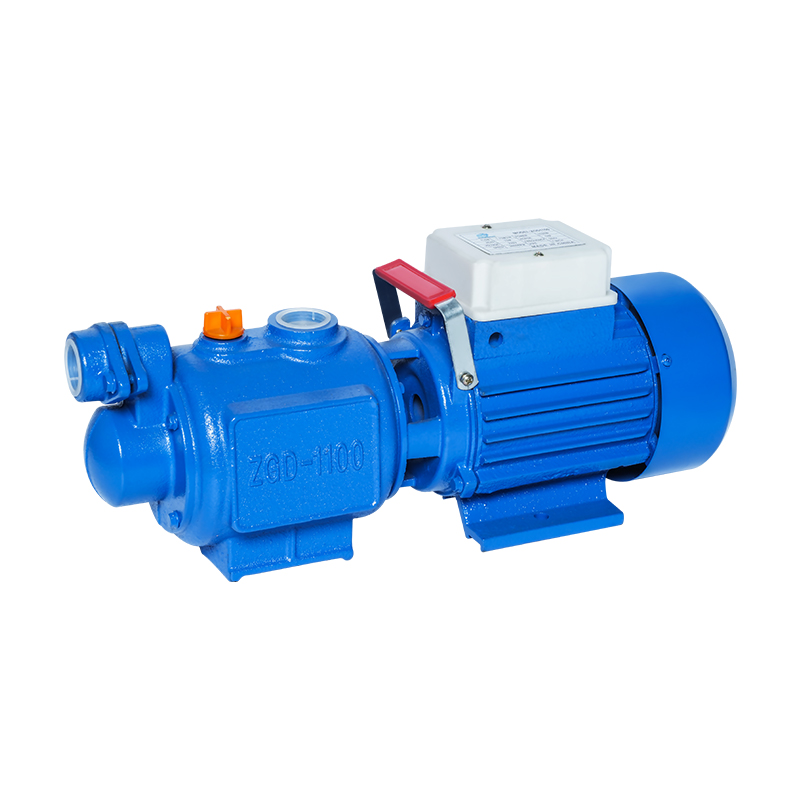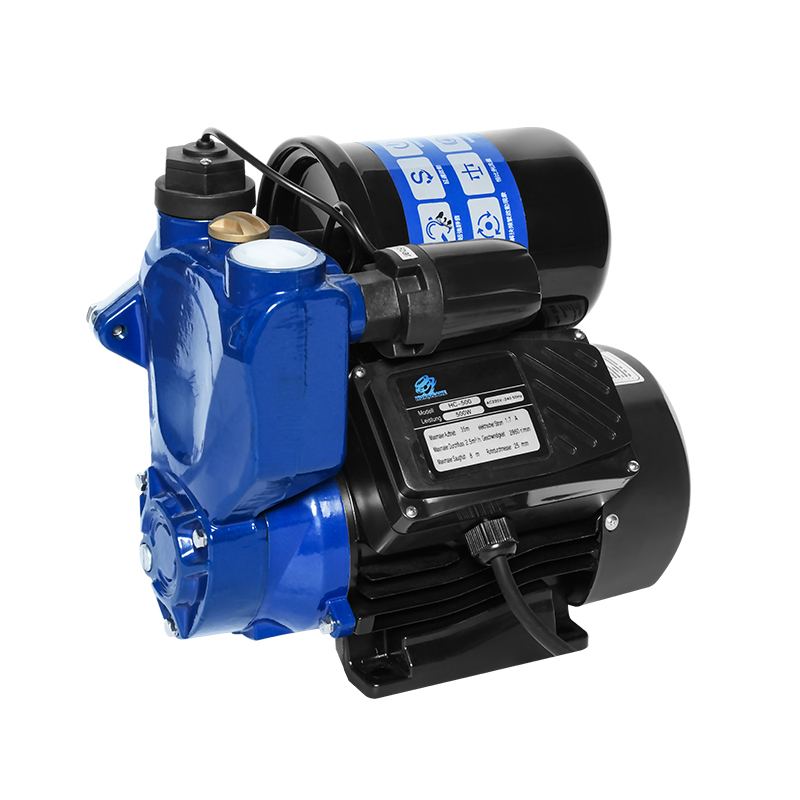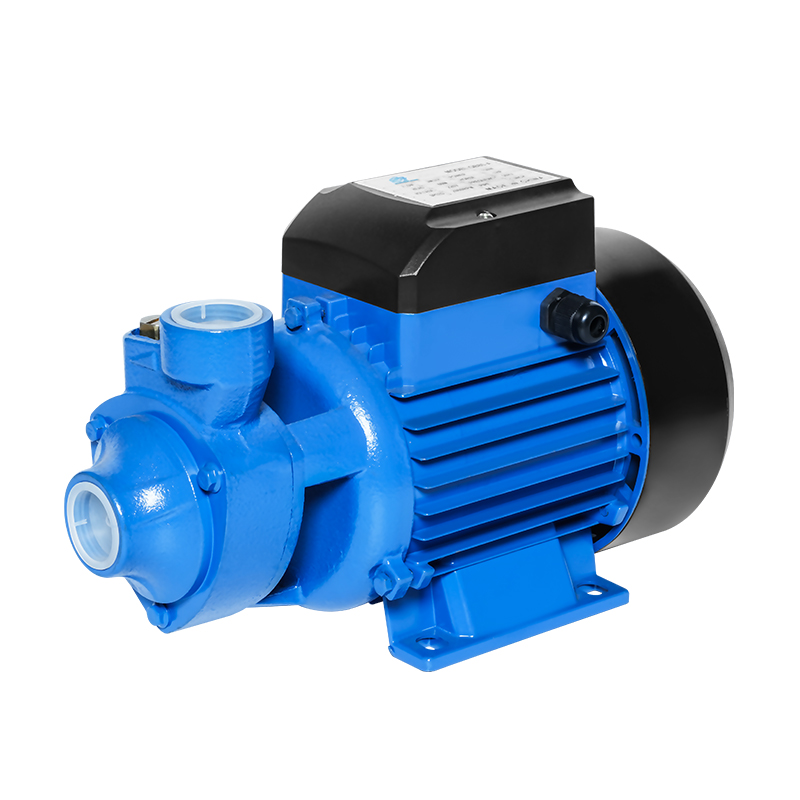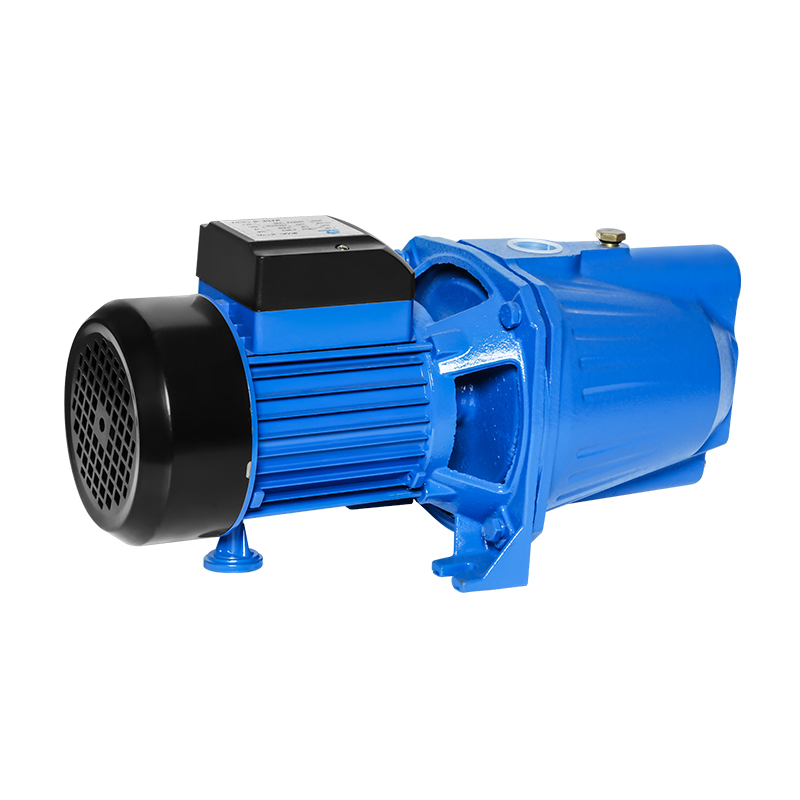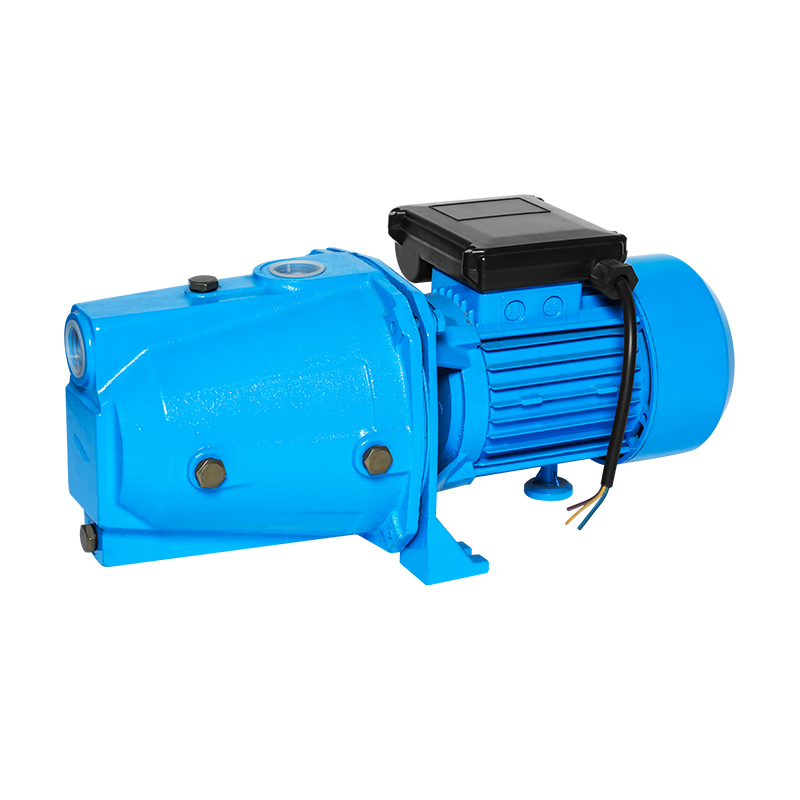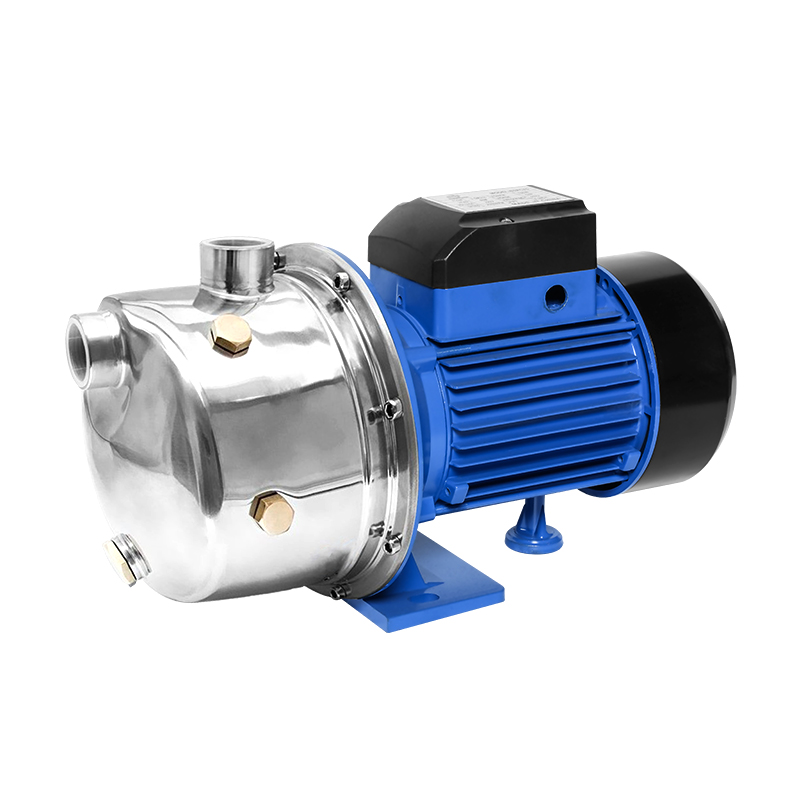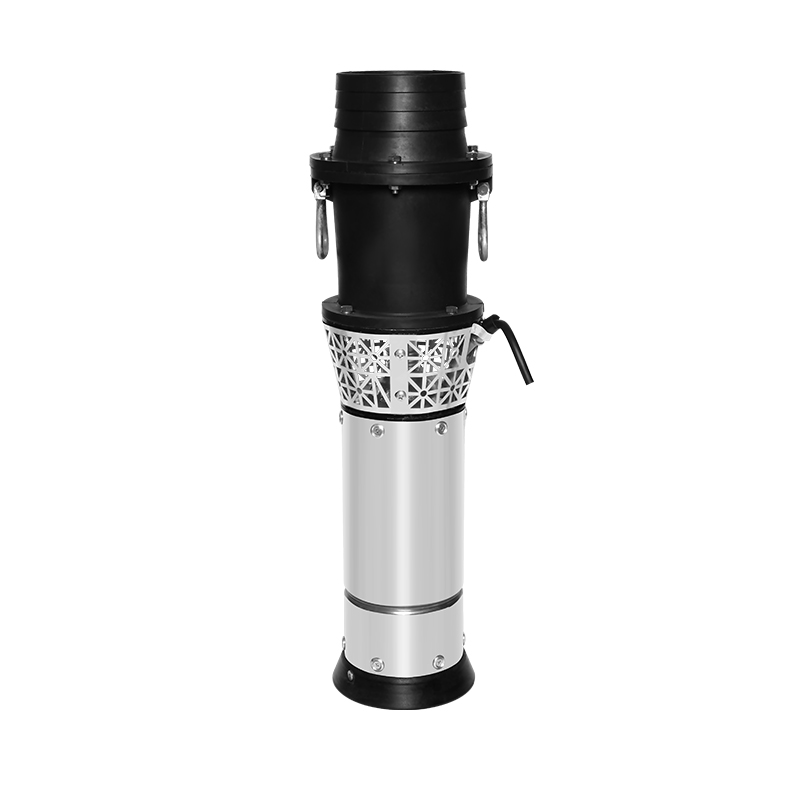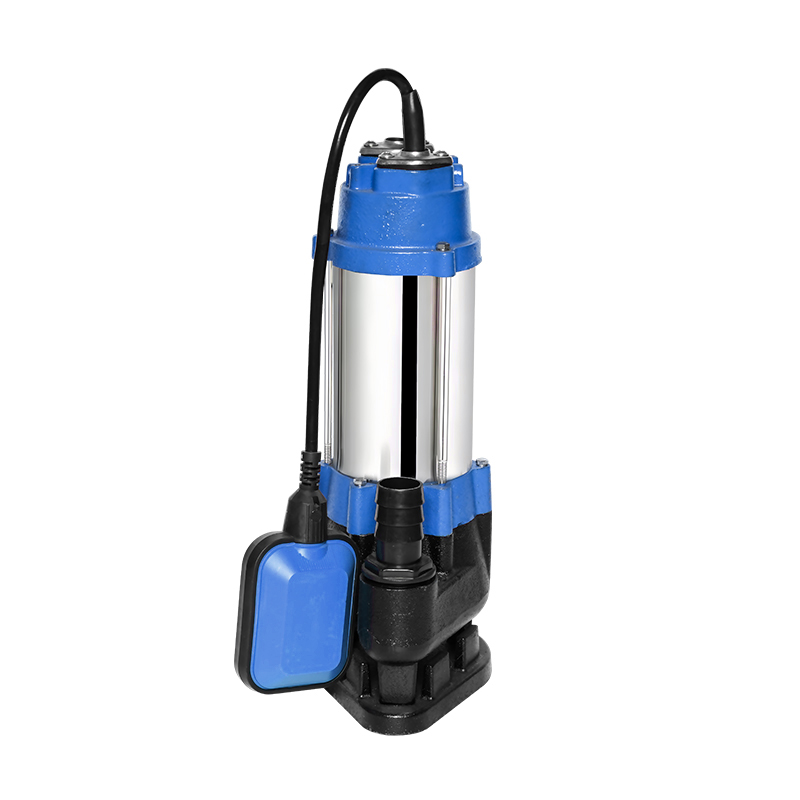The Integral Role of Submersible Water Pumps in the Diving Industry
Wholesale Submersible Water Pump Manufacturing Exporter
In the realm of diving industry professionals, the reliability and efficiency of underwater equipment are paramount. Submersible water pumps have emerged as a critical piece of technology that meets these demands. Designed to operate beneath the water surface, these pumps offer a range of advantages for various diving operations. This article will discuss the significance of submersible water pumps within the diving industry, focusing on their capabilities, applications, and the benefits they provide to professionals in this field.
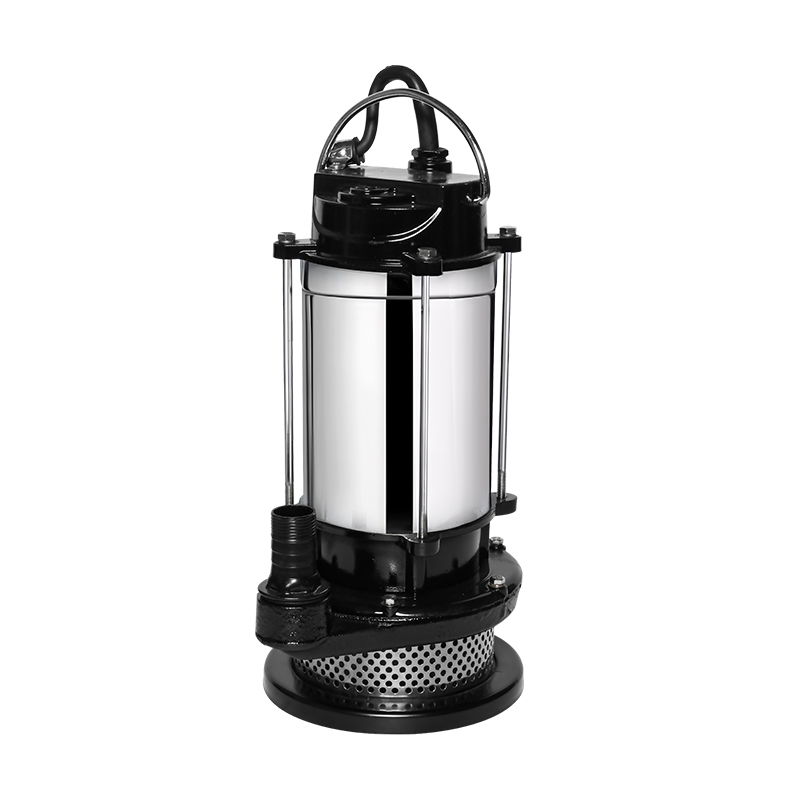
The diving industry often requires the movement of water in controlled environments, such as diving pools and underwater habitats, and for dewatering applications in marine construction. Submersible water pumps are engineered to perform these tasks without the need for external power sources, as they are directly connected to an electricity supply above water. Their submerged operation reduces the risk of damage from waves or other surface disturbances, making them a practical choice for many diving industry applications.
One of the primary benefits of submersible water pumps is their ability to handle water with high levels of particulate matter without clogging. This feature is particularly useful in diving scenarios where silt, sand, or other debris may be present. The robust construction of submersible water pumps allows them to function effectively even in water with a high concentration of solids, which is a common challenge in diving operations.
Submersible water pumps are also favored for their quiet operation. In the diving industry, noise pollution can disrupt marine life and interfere with communication. Submersible water pumps, due to their design, produce minimal noise, thus reducing the environmental impact and enhancing the overall diving experience.
Another advantage of submersible water pumps is their energy efficiency. As industry professionals increasingly focus on sustainable practices, the energy consumption of equipment is a significant consideration. Submersible water pumps are designed with efficiency in mind, consuming less power to perform the same tasks as their above-water counterparts.
In terms of applications, submersible water pumps are used extensively in the diving industry for dewatering dive sites, maintaining water levels in diving pools, and supporting underwater construction projects. Their portability and ease of installation make them a popular choice for temporary or mobile operations, such as those encountered in scientific research or commercial diving ventures.
Maintenance of submersible water pumps is another area where they excel. Due to their design, these pumps require less frequent maintenance compared to other types of pumps. This is particularly beneficial in the diving industry, where access to equipment can be limited and maintenance can be a logistical challenge.
The durability of submersible water pumps is also noteworthy. They are built to withstand the harsh conditions of underwater environments, including high pressure, temperature fluctuations, and corrosive elements. This durability ensures a longer lifespan for the pumps, reducing the need for frequent replacements and minimizing costs for diving operations.
In conclusion, submersible water pumps play a vital role in the diving industry. Their ability to operate underwater, their robustness against debris, their quiet operation, energy efficiency, and low maintenance requirements make them a preferred choice for a variety of applications. As the diving industry continues to evolve and adapt to new challenges, the role of submersible water pumps is likely to expand, offering even more innovative solutions to industry professionals.


